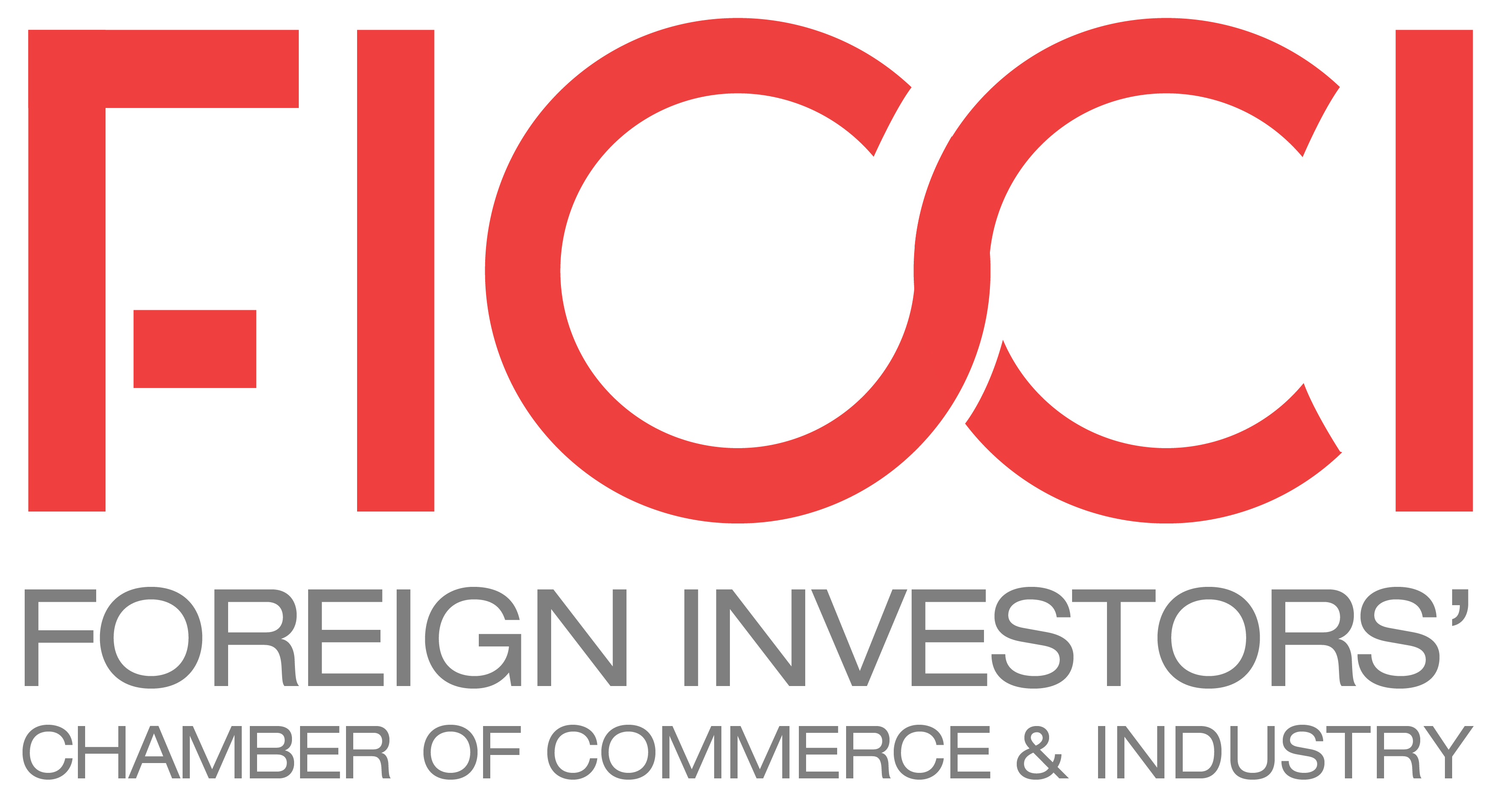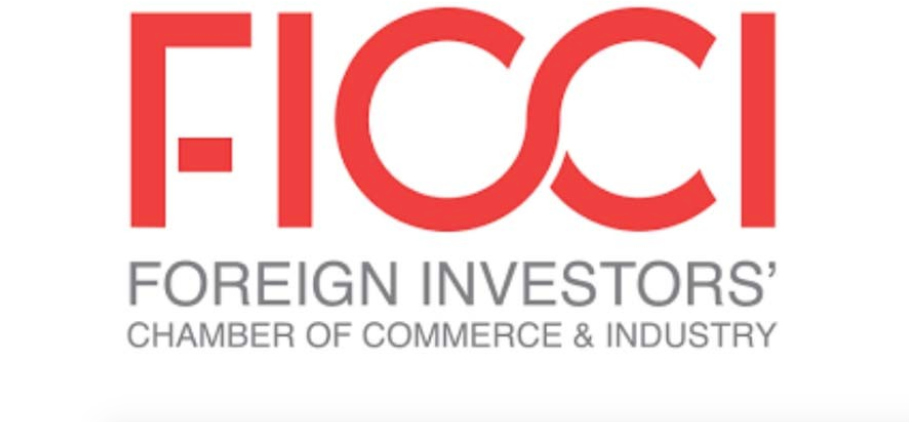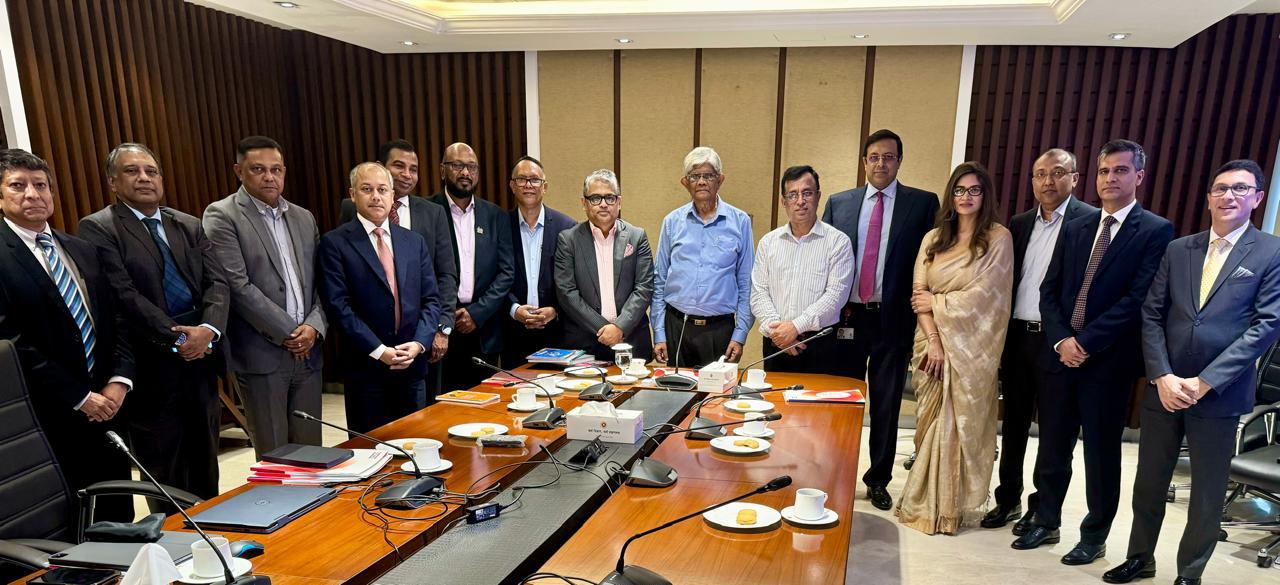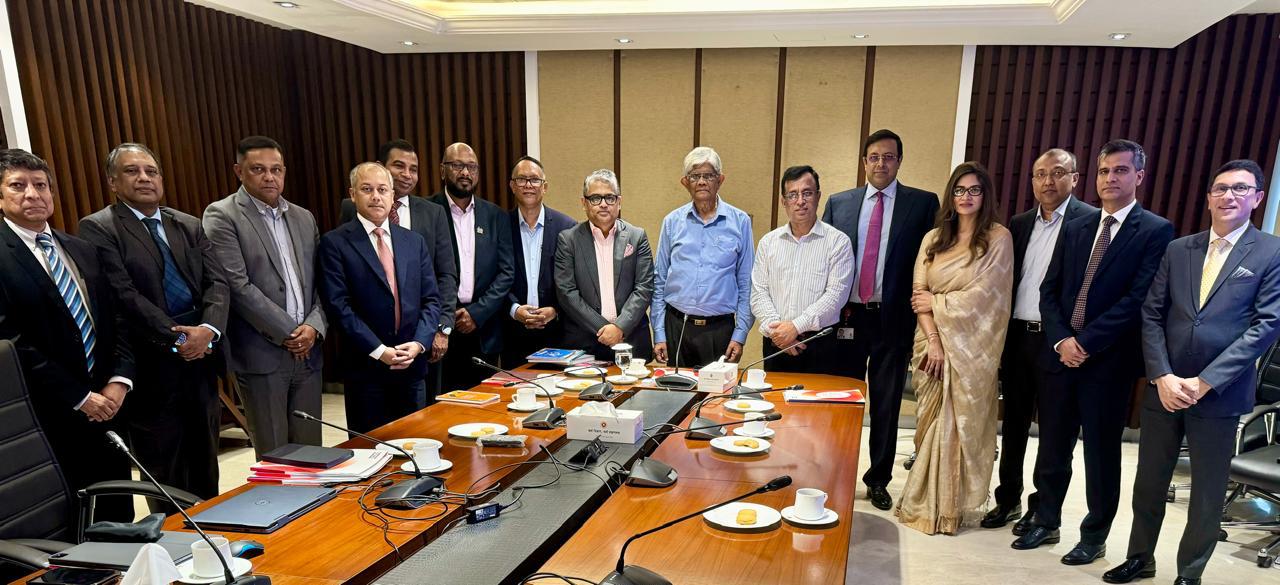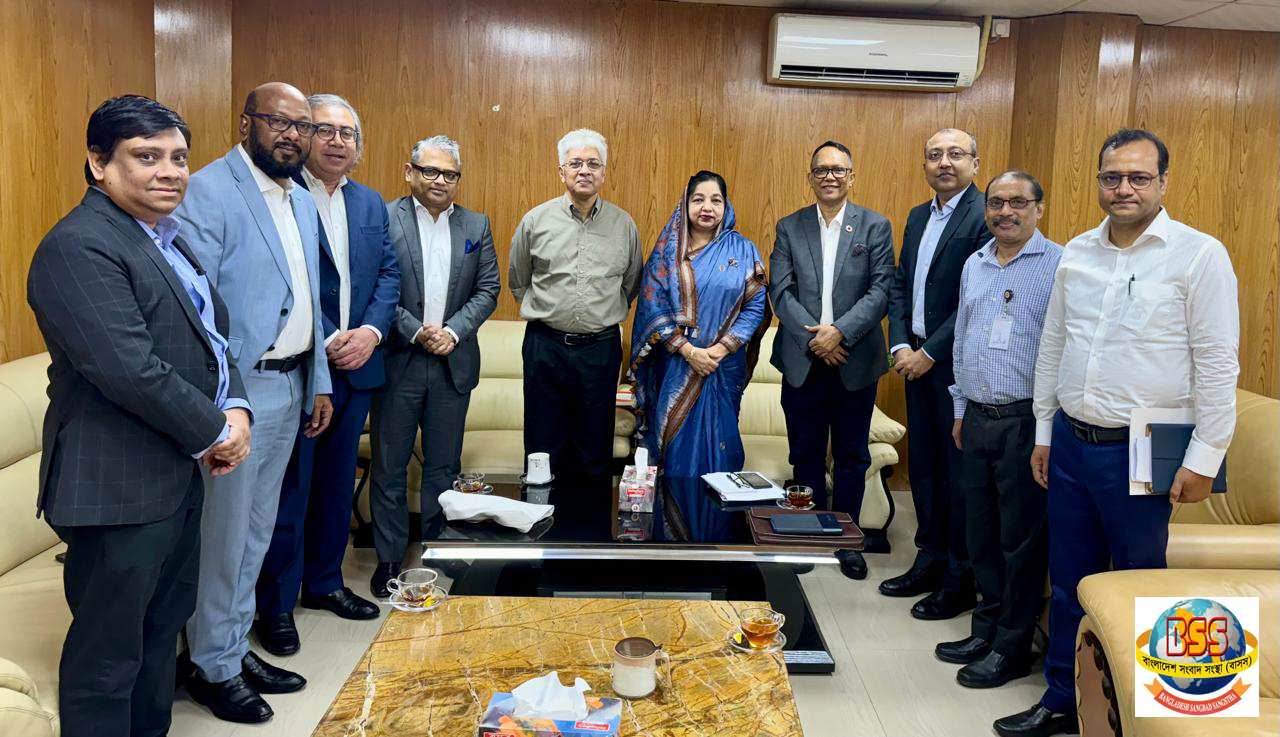A potentially business-friendly budget will unravel the benefits unless some of the provisions such as WPPF are reversed. The Foreign Investor’s Chamber of Commerce and Industry (FICCI) at a press meeting today has expressed some concerns about the proposed national budget for the fiscal year 2022-23 along with its probable implication for the business and foreign investments in Bangladesh. The program was held at hotel Sheraton, Banani, Dhaka today.
Mr. Naser Ezaz Bijoy, President, Foreign Investors’ Chamber of Commerce & Industry (FICCI) and Chief Executive Officer (CEO), Standard Chartered Bank presided over the event. Among others, Ms. Rupali Chowdhury, Advisor, FICCI Advisory committee and Managing Director, Berger Paints; Mr. Zaved Akhtar, Director, FICCI, Managing Director & CEO, Unilever Bangladesh Ltd.; Mr. Shehzad Munim, advisor, FICCI advisory panel and MD, British American Tobacco Bangladesh Co. Ltd; Mr. Deepal Abeywickrema, Director, FICCI & Chairman, FICCI Tariff, Taxation and Regulatory Affairs Committee and Managing Director, Nestle Bangladesh Ltd.; Mr. Sazzad Rahim Chowdhury, Coordinator- Tariff, Taxation and Regulatory Affairs Committee and CFO, Berger Paints Bangladesh Ltd were present in the event. The program was hosted by T. I. M. Nurul Kabir, Executive Director, FICCI.
The proposed Finance Bill incorporated a provision by which a company will have to pay tax on its contribution to the Workers’ Profit Participation Fund (WPPF), which will ultimately increase the income tax burden of the companies and similarly increase the effective tax rate. We understand, contribution to WPPF has been proposed as inadmissible expenses based on the idea that it’s an apportionment of profit from after-tax profit like a dividend, while the fact is, it is a statutory payment for the benefit of the employees, which is paid from pre-tax profit as per the law. Such an imposition is inconsistent with the tax-friendly environment that Govt. has been trying to build over the years and a diversion from the current provision of the Labor Law 2006. FICCI proposes that this provision should be included in section 29 as an allowable expense instead of in section 30 of the ITO, 1984 as an inadmissible expense.
FICCI has also recommended a few changes to the Conditional Reduction of the Corporate Tax Reduction by 2.5%. As per the Finance Bill 2022, certain types of listed companies that have issued more than 10% of their shares through IPO will be able to enjoy the reduced tax rate. FICCI proposes that this provision should be amended by clearly mentioning at least 10% shares of a listed company must be held by the public in order to avail of such a reduced rate.
Conditional Reduction of the Corporate Tax Reduction by 2.5% also mentioned that all receipts must be collected through banking channels. FICCI proposes that this provision should be amended and the law should allow at least 50% of the proceeds to be collected through banking channels to avail such a reduced tax rate. From next year the ceiling can be gradually increased by 10%. On the same it says, all investments and expenses in excess of Tk. 12 lac must be paid through the banking channels. FICCI proposes that section 30 of the ITO, 1984 should be amended to remove the contradiction and NBR should allow at least 10% of the expenses of corporate to be paid through the non-banking channel to avail such a reduced tax rate.
Mr. Naser Ezaz Bijoy, CEO, Standard Chartered Bank, and President, of FICCI, commented: “We appreciate the efforts that took into proposing the budget in such difficult circumstances. There are some progressive changes, which may remove complexities as well as improve our ease of doing business index, which is highly appreciable. However, the growth of the MNCs will be slowed down with the disclosure of some of the provisions which will further prove discouraging to local and foreign investments. We have some recommendations regarding solutions that may prevent the probable adverse situation. We hope that the recommendations are taken into consideration and allow the chamber to extend its continued support to the Government of Bangladesh and work together toward the development of the country by developing a tax-friendly environment.’
According to labor law 2006, WPPF is payable from the company’s net profit, which has been defined in the law as pre-tax profit. An individual is required to pay tax on it for an amount exceeding Tk. 50,000. On the other hand, 10% of 5% of the net profit should be contributed to the Government welfare fund. Hence, the imposition of tax on this contribution will lead to taxing on payments to the Government. Disallowing WPPF as an expense is identical to double taxation as both employee and employer will have to pay tax on this. This tax imposition will create more Challenges in the Ease of Doing Business in Bangladesh.

